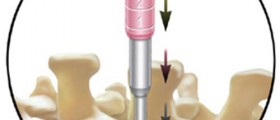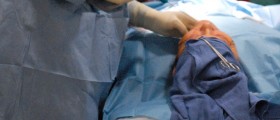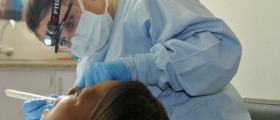They are wrong. I have weakness and dizziness as well from my multi- ACDF. Mine got better afyer I saw an upper cervical- specialist chiropractor ( no, they do nor wrestle with ypur neck). The vertebrae above my surgery were twisted and misaligned. They use a special instrument, used only for the top vertebrae above ACDF, to realign. Everything got better after that. Not perfect, just better.
Loading...
My husband has the persistent cough. His spine is fully fused, having some of the instrumentation removed tomorrow as it touches his esophagus which causes cough, gag ave phlegm issues. Surgeon told us it was very common side effect.
Loading...
Health Hero
1626 posts
Coughing and lightheadedness after anterior cervical fusion surgery may be related to several factors.
One possible cause of coughing after anterior cervical fusion is irritation of the airway or trachea during intubation, which is a common procedure during general anesthesia. This can cause inflammation and irritation, leading to coughing. In some cases, coughing can also be caused by postoperative pneumonia or other respiratory infections.
Lightheadedness may be related to changes in blood pressure or circulation during and after surgery. It may also be a side effect of pain medication or anesthesia. If lightheadedness persists or is accompanied by other symptoms, such as dizziness or difficulty breathing, it is important to seek medical attention.
In general, it is important to follow postoperative instructions closely to ensure a safe and successful recovery. This may include avoiding activities that could put strain on the neck or spine, taking medication as prescribed, and attending follow-up appointments as scheduled.
One possible cause of coughing after anterior cervical fusion is irritation of the airway or trachea during intubation, which is a common procedure during general anesthesia. This can cause inflammation and irritation, leading to coughing. In some cases, coughing can also be caused by postoperative pneumonia or other respiratory infections.
Lightheadedness may be related to changes in blood pressure or circulation during and after surgery. It may also be a side effect of pain medication or anesthesia. If lightheadedness persists or is accompanied by other symptoms, such as dizziness or difficulty breathing, it is important to seek medical attention.
In general, it is important to follow postoperative instructions closely to ensure a safe and successful recovery. This may include avoiding activities that could put strain on the neck or spine, taking medication as prescribed, and attending follow-up appointments as scheduled.
Loading...



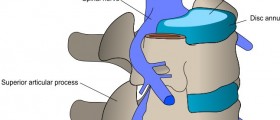




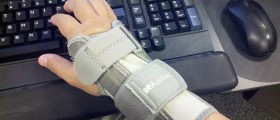
_f_280x120.jpg)
-Causes,-Symptoms,-Diagnosis,-Treatment_f_280x120.jpg)


